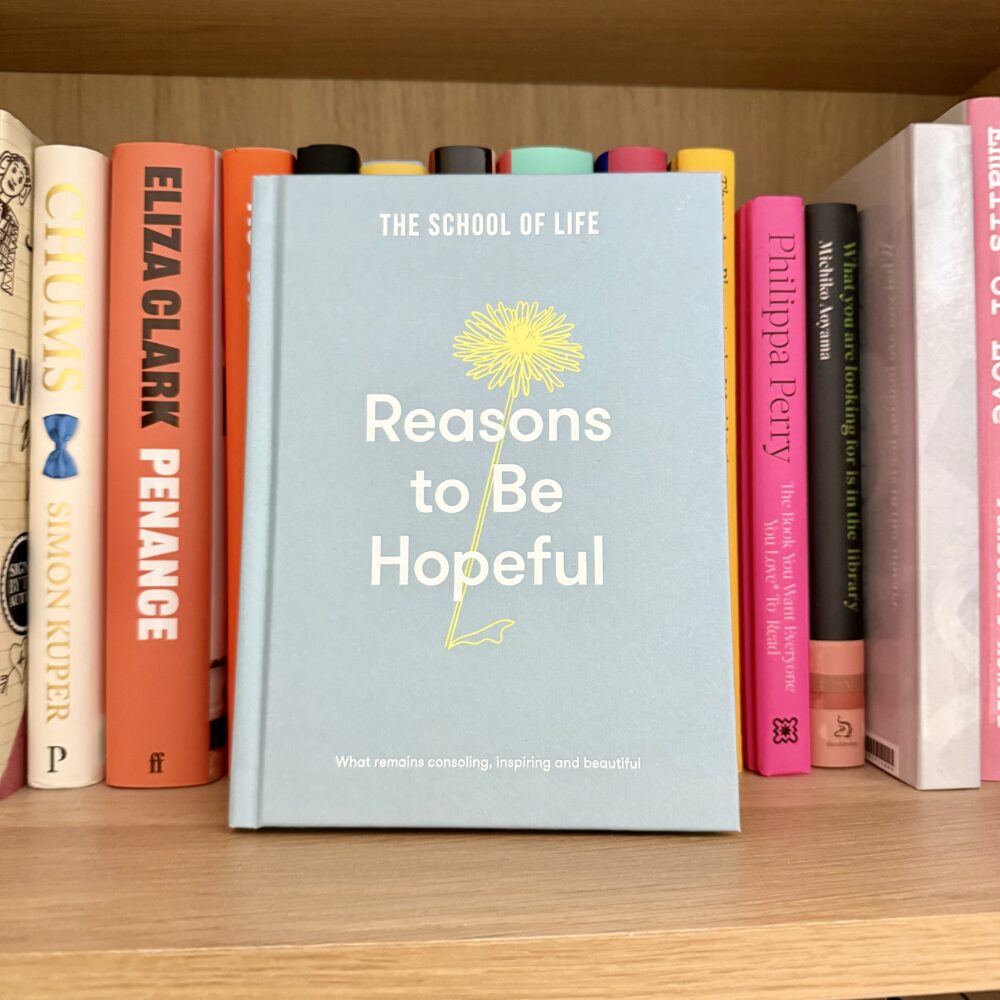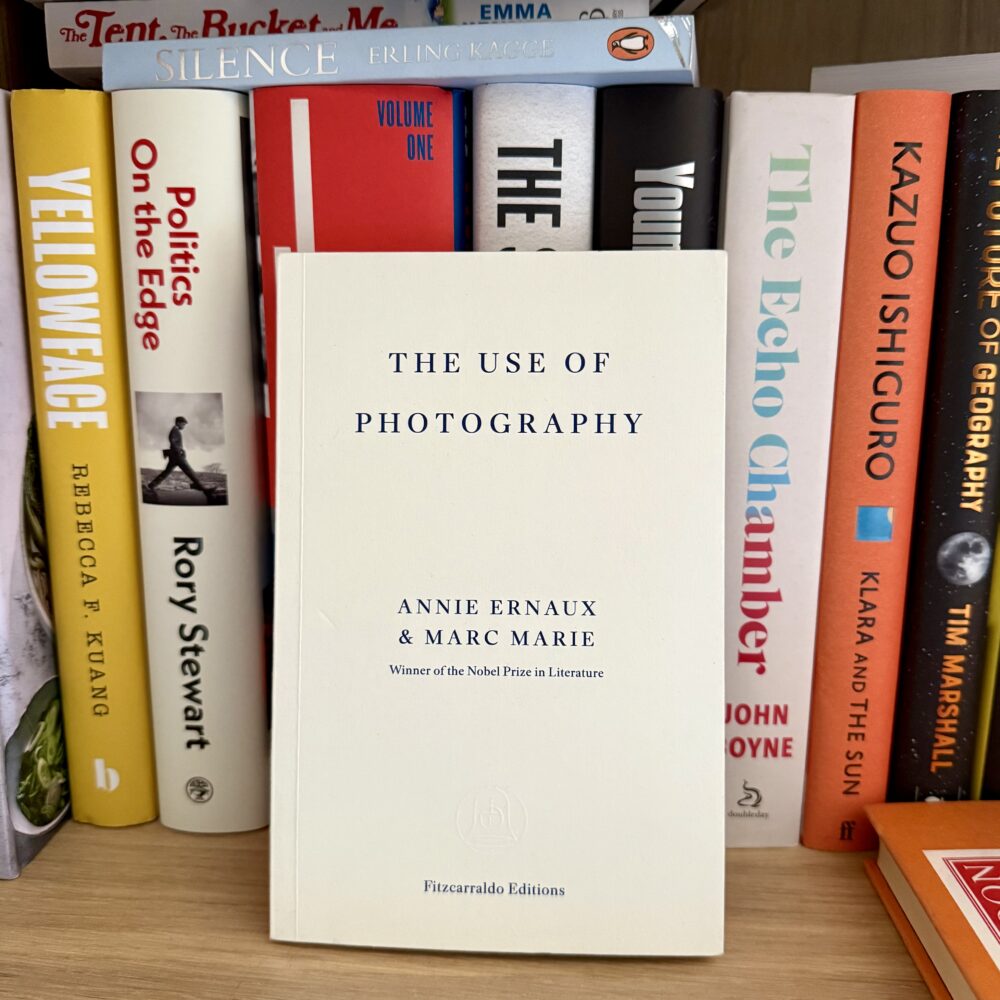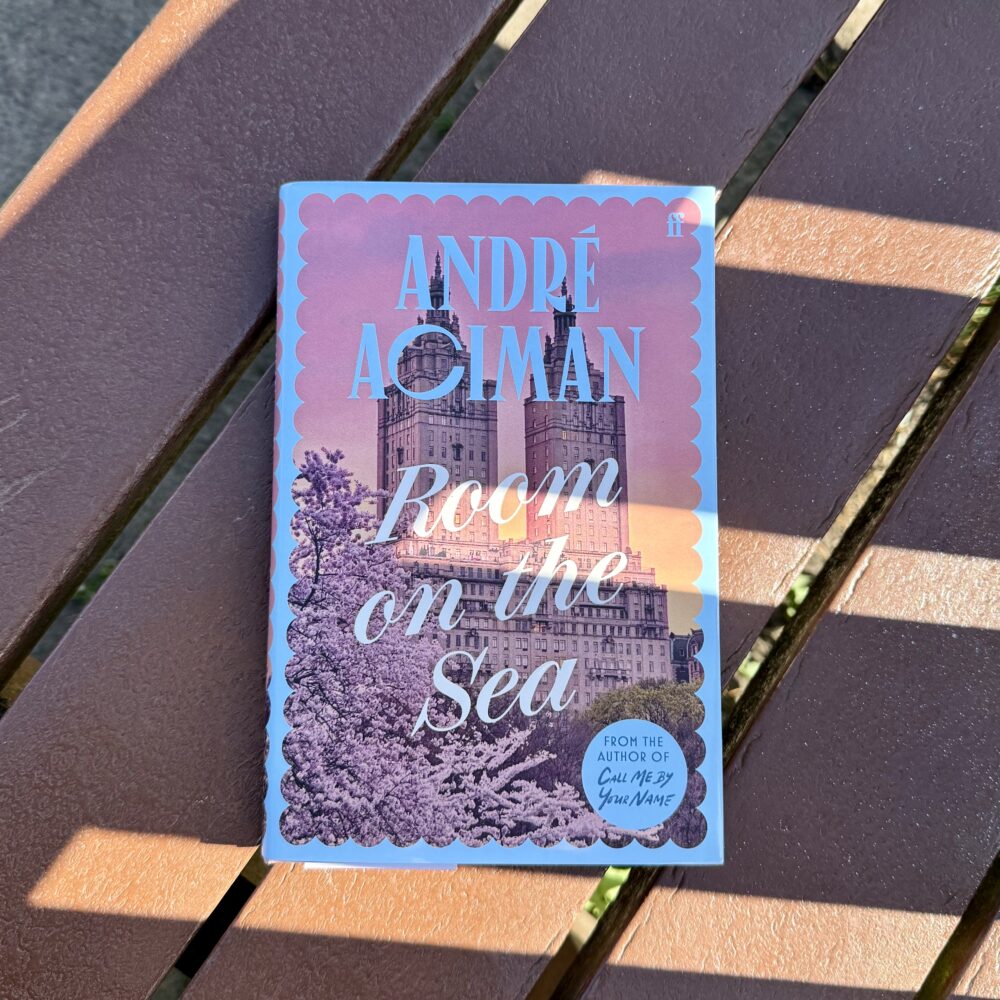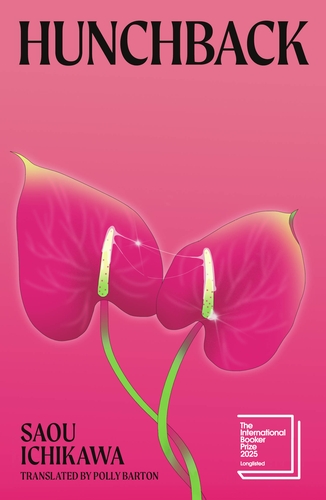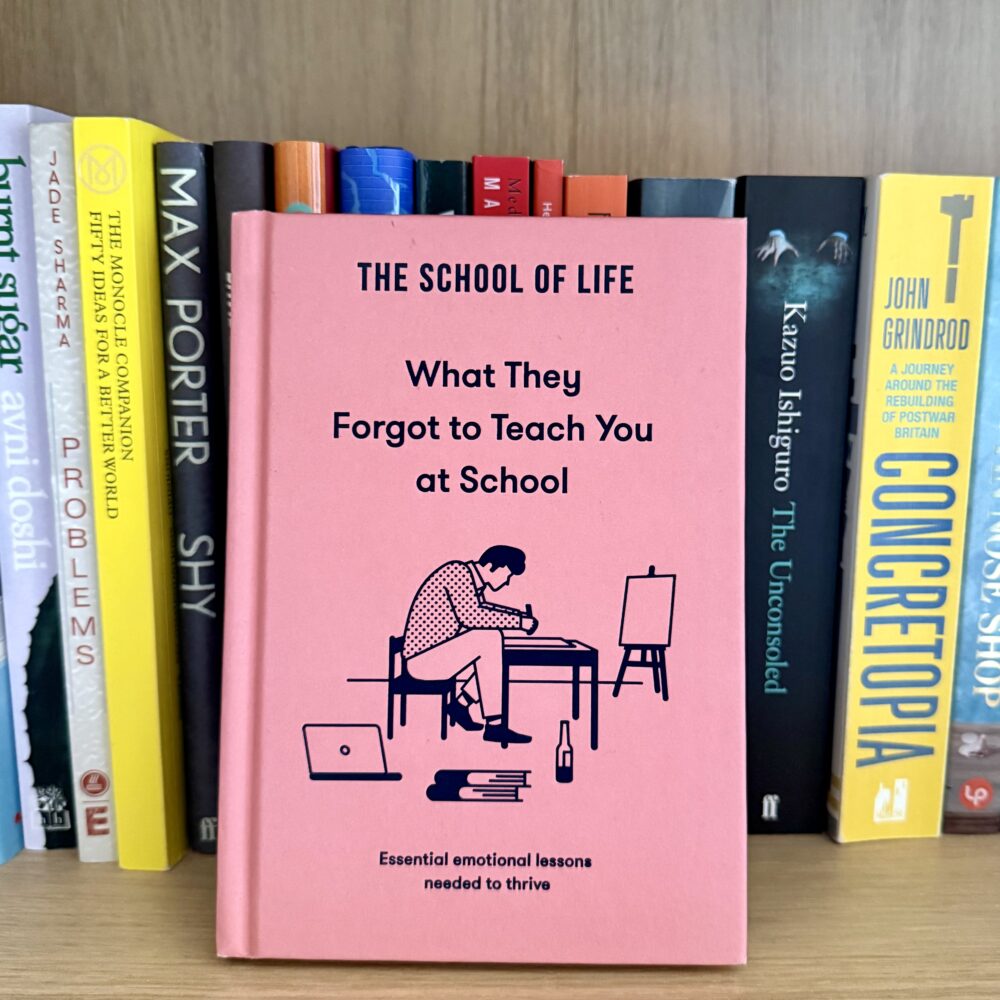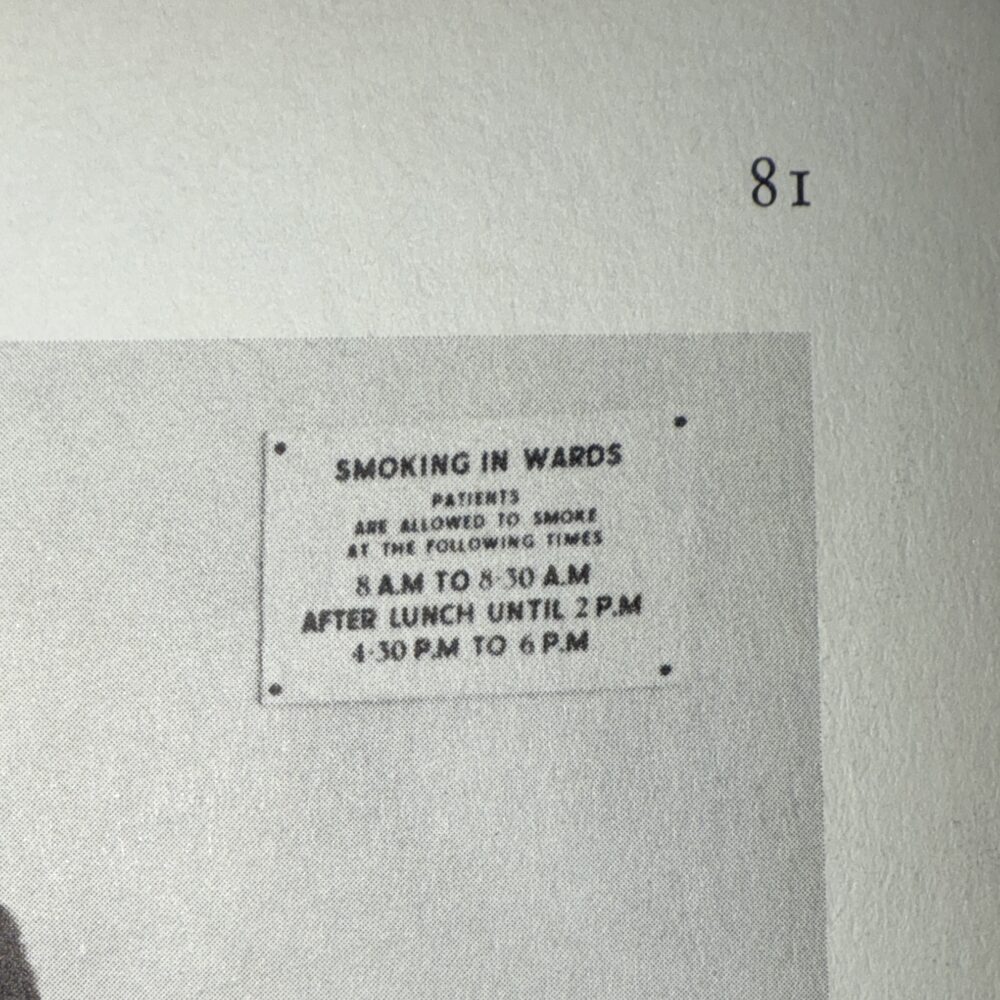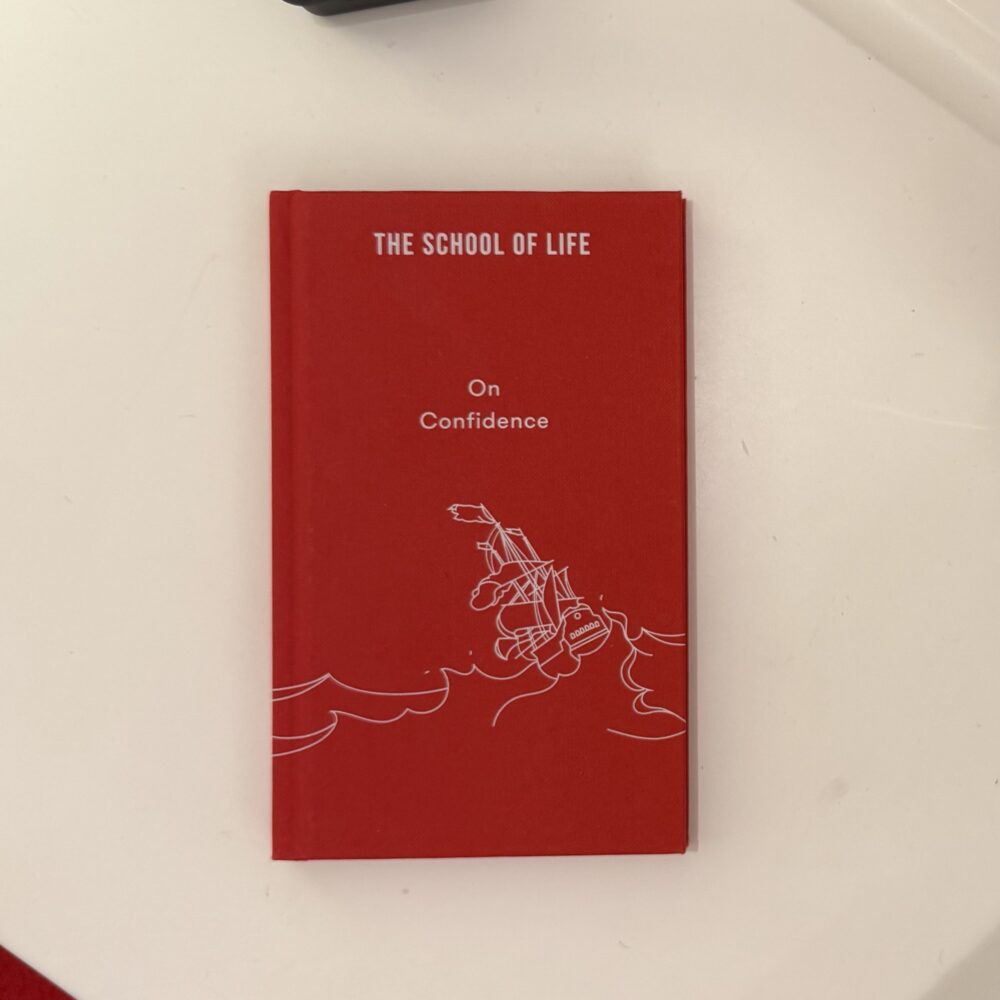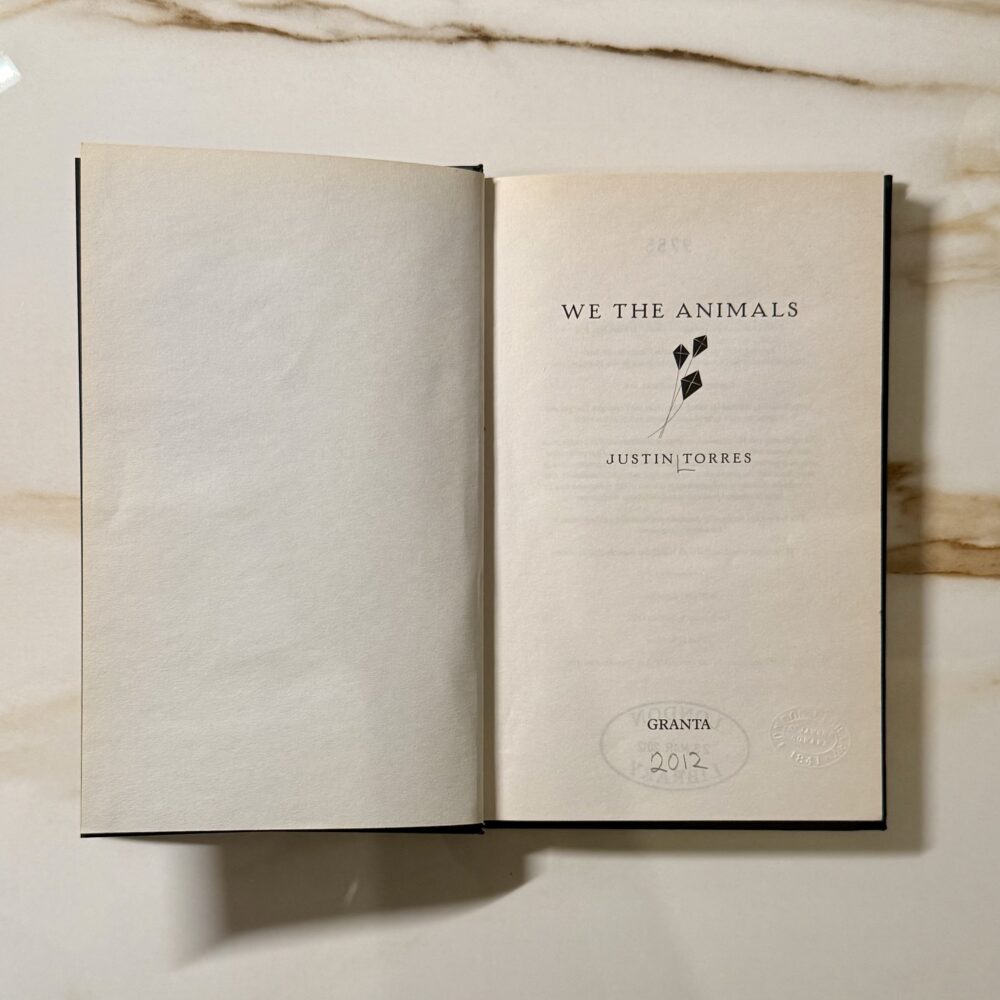‘A Luminous Republic’ by Andrés Barba
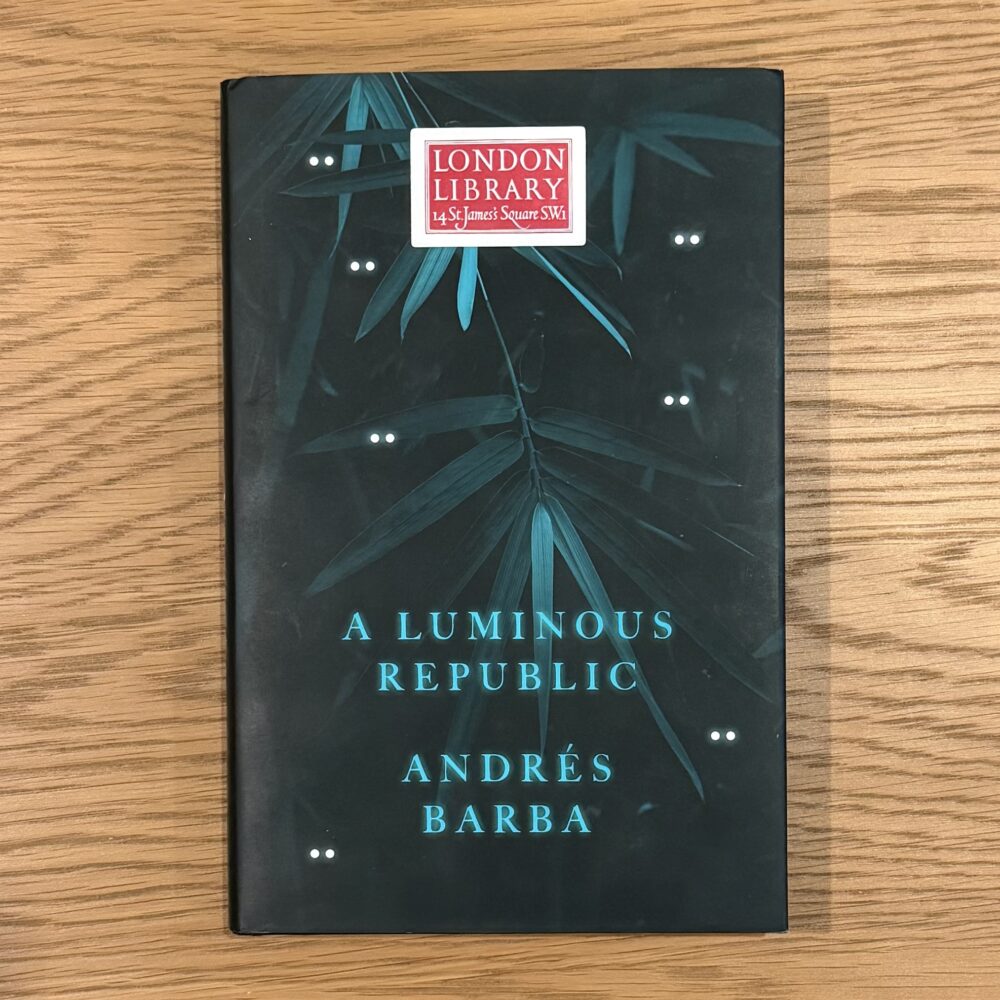
I finished A Luminous Republic with a slight sense of unease—not because the novel had let me down, but because I wasn’t entirely sure what I had just read. That’s part of its brilliance. Andrés Barba’s short novel is one of the most unsettling and enigmatic books I’ve encountered for quite some time. I read the English edition translated by Lisa Dillman, whose crisp, controlled prose perfectly matched the unsettling restraint of Barba’s story.
Narrated by a civil servant with the sort of cool detachment that would be admirable in the minutes of a council meeting but feels almost surreal when describing mass hysteria, societal collapse, and the mysterious deaths of children, the novel recounts the extraordinary events that unfolded when thirty-two feral children appeared seemingly from nowhere in the fictional South American city of San Cristóbal. No one knew where they came from; no one knew how to handle them. The city, naturally, fell apart trying.
The dry, documentary style of narration is inspired. It doesn’t just describe the events — it actively withholds emotional clarity. The more inexplicable things become, the more the narrator recedes into procedural memory, reports, newspaper clippings, and bureaucratic euphemism. It’s a little like reading the minutes of the apocalypse.
What the novel is about is harder to pin down, and therein lies much of its power. Is it an allegory for how societies treat ‘outsiders’—a reflection on racism, xenophobia, classism, homophobia? Is it a parable about the viral spread of dangerous ideas, about how fear and misinformation can sweep through an ostensibly civilised population? Is it something else entirely? The novel doesn’t deign to offer answers. Different interpretations seem to fit neatly at different moments, and this slipperiness made the book linger in my mind long after I closed it. That one of the characters (the mayor of San Cristóbal) is named Victor Corbán surely must be an echo of Hungarian Prime Minister Viktor Orbán— perhaps it is coincidence, but I could help thinking that it must be a clue to the sorts of unpleasant ideas Barba was targeting.
I suspect it’s a book that reveals more with each re-reading—and I’m looking forward to testing that theory.
Despite its potentially science fiction premise—feral children spontaneously appearing, a society crumbling in response—the book feels grounded and painfully plausible. There’s no sense of magic or fantasy here. Just human frailty, fear, and the haunting realisation that sometimes, there are no satisfying explanations.
I don’t often seek out science fiction, and I wouldn’t ordinarily be attracted to a novel that sounds this peculiar. Yet A Luminous Republic captured me completely. It didn’t change the way I view the world, but it certainly furnished me with some new metaphors for thinking about it. For a short book, it is luminous indeed.
This post was filed under: What I've Been Reading, Andrés Barba, Lisa Dillman.
